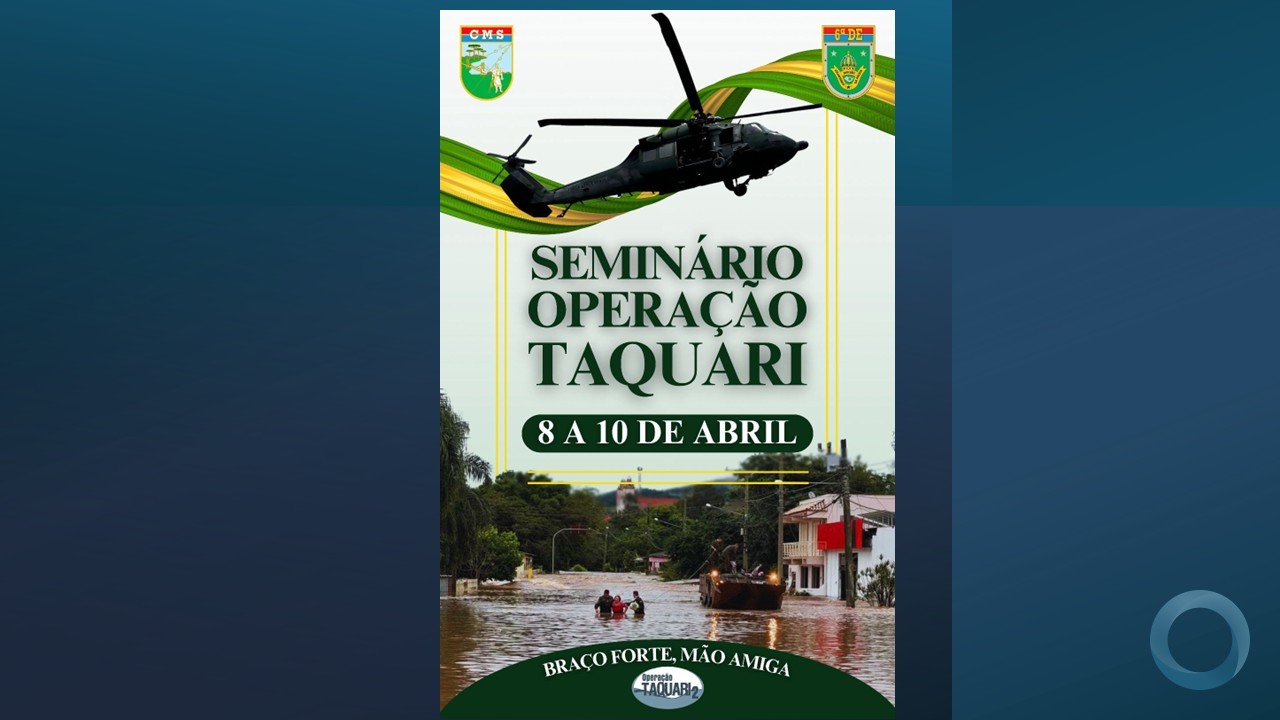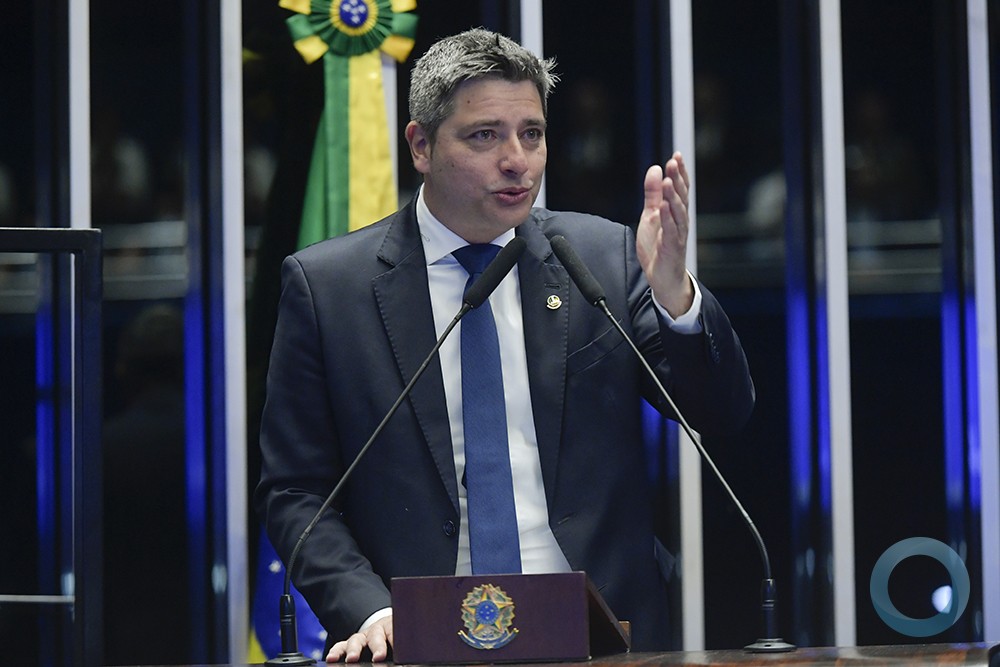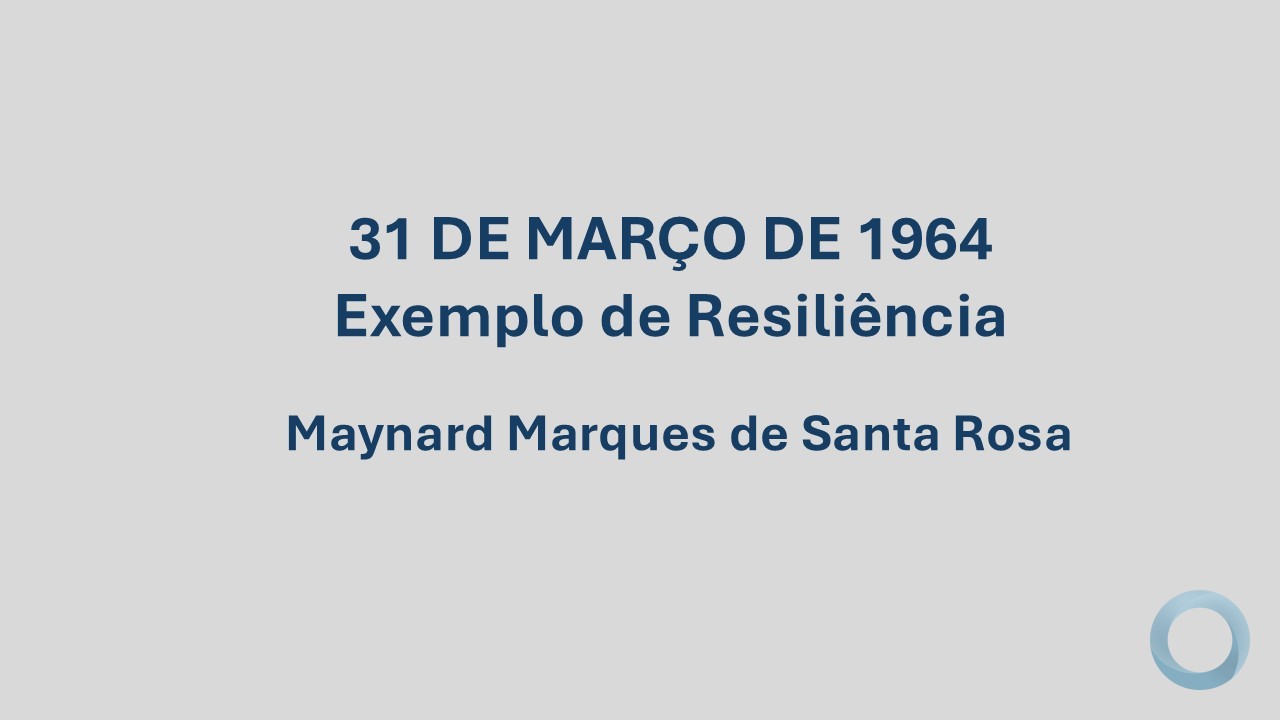Country Reports on Terrorism 2015
United States Department of State Publication Bureau of Counterterrorism and Countering Violent Extremism Released June 2, 2016
Document can be downloaded from US State Department:
Country Reports on Terrorism 2015 Link
Country Analysis
BRAZIL
Start page 272
Overview: The Brazilian government continued to support counterterrorism activities, which included third-country technical assistance for controlling sensitive technologies, assessing and mitigating potential terrorist threats in advance of major events, and investigating fraudulent travel documents. Operationally, Brazilian security forces worked with U.S. officials to pursue investigative leads provided by United States and other intelligence services, law enforcement, and financial agencies regarding terrorist suspects.
The Brazilian Federal Police (DPF) – Brazil’s lead counterterrorism agency – worked closely with the U.S. government and other nations’ law enforcement entities to assess and mitigate potential terrorist threats, especially leading up to the 2016 Summer Olympics in Rio de Janeiro. Cooperation was strong and continuous, particularly dealing with crisis management, emergency response, and planning exercises to build response capacity in case of a terrorist attack.
The DPF Anti-Terrorism Division was created specifically to address threats of radicalization and to counter violent extremism. Brazil continued to implement its 2013 policy on provision of humanitarian assistance for Syria, including the issuance of more refugee visas to Syrians than any other country in Latin America. President Dilma Rousseff strongly condemned the November 13 attacks in Paris, calling for “coordinated action” by the international community against ISIL. Some commentators contrasted this pronouncement with her 2014 U.N. General Assembly speech criticizing the approach in Iraq and Syria. Asked about the potential terrorist threat posed to the 2016 Summer Olympics, Rousseff reiterated that Brazil is an unlikely target but called for comprehensive counterterrorism legislation, then pending before Congress,to be passed quickly.
Legislation, Law Enforcement, and Border Security: Brazil’s 1980 National Security Law criminalizes “terrorist acts” but does not clearly define terrorism, which hinders prosecution of potential terrorists and other counterterrorism efforts. On February 24, Congress passed a bill (PLC 101/2015) that will criminalize both terrorism and terrorism financing. The bill has the President’s support.
Brazil has three law enforcement agencies with counterterrorism responsibilities, ranging from the investigation of terrorism to interdiction and response. The lead counterterrorism agency, with responsibility for investigating any terrorist-related threats or groups, is the Brazilian Federal Police’s Anti-Terrorism Division (DPF DAT). In addition, the state-level Military Police Departments, through their respective Police Special Operations Battalions (BOPE), and the state-level Civil Police Departments, through their respective Divisions of Special Operations (DOE), also work on counterterrorism issues. Brazil’s Intelligence Agency (ABIN) also monitors terrorist threats.
Coordination between civilian security and law enforcement agencies and the Brazilian military is hindered by inter-service rivalries; interagency cooperation and coordination would benefit from consolidated and automatic information sharing. All of Brazil’s law enforcement agencies with counterterrorism responsibilities have benefitted from U.S. capacity-building training. In 2015, the U.S. Department of State’s Antiterrorism Assistance (ATA) program delivered courses to security and law enforcement personnel covering topics such as Critical Incident Management, Airport Security Management, and Fraudulent Document Recognition – all with the goal of enhancing investigative capabilities, building border security capabilities, and supporting Brazil’s efforts to prevent terrorist attacks at the 2016 Summer Olympics.
Training courses had the added benefit of bringing together disparate agencies, which enhanced Brazilian interagency communication. Brazilian authorities continued to work with other concerned nations – particularly the United States – in combating document fraud. Since 2009, multiple regional and international joint operations successfully disrupted a number of document vendors and facilitators, as well as related human-smuggling networks. The Department of State provided comprehensive and ongoing anti-fraud training to airline and border police units through its Investigations Program (ARSO-I).
Since program inception in 2008, ARSO-Ihas trained thousands of airline personnel and Brazilian Immigration officials at virtually every international port of entry. In addition, since 2008 DHS Immigration and Customs Enforcement (ICE), Homeland Security Investigations (HSI), and Customs and Border Protection (CBP) have trained Brazilian airline employees on identifying fraudulent documents. The U.S.-Brazil Container Security Initiative (CSI) in Santos, which began in 2005, continued to operate throughout 2015. The CSI promotes secure containerized cargo – shipped to the United States – by co-locating DHS CBP personnel overseas with Brazilian customs administrators, to target, detect, and inspect high-risk cargo while facilitating the movement of legitimate trade. CBP’s International Affairs and Field Operations Offices conduct joint workshops with Brazil to bolster supply chain security and port security. Similarly, the National Civil Aviation Agency, DPF, and Brazilian Customs (RFB) continued to work with DHS’ Transportation Security Administration (TSA) to make modifications to Brazil’s National Cargo Security Program (NCSP) to gain TSA recognition of commensurability for cargo security procedures, training, and operations at Brazil’s international airports.
Brazil shares vast international borders with 10 different countries. Many of its borders – especially those with Argentina, Colombia, Paraguay, Uruguay, and Venezuela – are porous. Illegal immigration to Brazil is a growing problem, with Brazil often serving as a country-of-transit for final destination in the United States. Brazilian states maintain individual criminal records databases, and information sharing is unwieldy. Biometric information is not collected from visitors.
A 2013 law requires the collection of Passenger Name Record data, and it is being gradually implemented. Brazil does not maintain its own terrorist watchlist, though it collaborates with other nations. In a high-profile December case, Rio de Janeiro's Civil Police unit uncovered a fraudulent document ring that had provided authentic Brazilian birth certificates to 70 Syrian nationals, at least 20 of whom subsequently obtained Brazilian passports. U.S. Mission Brazil is cooperating with the Brazilian authorities in its investigation.
The Brazilian Army continues to implement an Integrated Border Monitoring System to monitor the country’s borders using a combination of soldiers, cameras, sensors, and satellites. The strategic initiative is underway in the state of Mato Grosso do Sul as a preliminary pilot project, with intention to cover the entire Brazilian border by 2021.
Pending comprehensive counterterrorism legislation is intended to help Brazil address the threat posed by foreign terrorist fighters, through implementation of UN Security Council Resolutions (UNSCRs) 2170, 2178, 2199 and the UN 1267/1989/2253 ISIL (Da’esh) and al-Qa’ida sanctions regime. In September 2015, the DPF’s Operation Mendacity arrested members of a money laundering group accused of illegally moving more than $10 million in the last five years. Press reports state the group had social media ties to the Islamic State and were potentially financing terrorist activities. The DPF and the justice system face resource constraints when enforcing immigration law and supervising airport security.
Countering the Financing of Terrorism: Brazil is a member of the Financial Action Task Force (FATF) and the Financial Action Task Force of Latin America, a FATF-style regional body (FSRB). Its financial intelligence unit, the Council for Financial Activities Control (COAF), is a member of the Egmont Group.
Brazil monitors domestic financial operations and uses the COAF to identify possible funding sources for terrorist groups. On October 16, President Rousseff signed Law #13.170, which provides procedures for freezing assets relating to UNSCRs and for information provided through bilateral cooperation, closing a longstanding gap in Brazil’s ability to confront terrorism financing. Legislation (PLC 101/2015) to criminalize terrorism financing in a manner consistent with international standards, established by the FATF, has passed Congress and awaited President Rousseff’s signature at the end of 2015. Through the COAF, which is a largely independent entity within the Finance Ministry, Brazil has implemented the UN1267/1989/2253 ISIL (Da’esh) and al-Qa’ida sanctions regime, but it has not reported any assets, accounts, or property in the names of persons or entities. The Government of Brazil has generally responded to U.S. efforts to identify and block terrorist-related funds.
For further information on money laundering and financial crimes, see the 2016 International Narcotics Control Strategy Report, Volume II, Money Laundering and Financial Crimes: http://www.state.gov/j/inl/rls/nrcrpt/index.htm.
International and Regional Cooperation: Brazil participates in regional counterterrorism fora, including the OAS and its Inter-American Committee Against Terrorism (CICTE); the Union of South American Nations (Unasul); and the working group on terrorism and sub-working group on financial issues in the Southern Common Market (Mercosul). Brazil is working with a range of international law enforcement partners in its security plan for the 2016 Summer Olympics, through two Centers for International Police Cooperation (CCPI) that will be stood up for the event. In Brasilia, the CCPI will include three foreign law enforcement officials for each of the 55 invited countries.
The Brazilian government continued to invest in border and law enforcement infrastructure and has undertaken initiatives with its neighboring countries to control the flow of goods – legal and illegal – through the Tri-Border Area of Brazil, Argentina, and Paraguay.


























